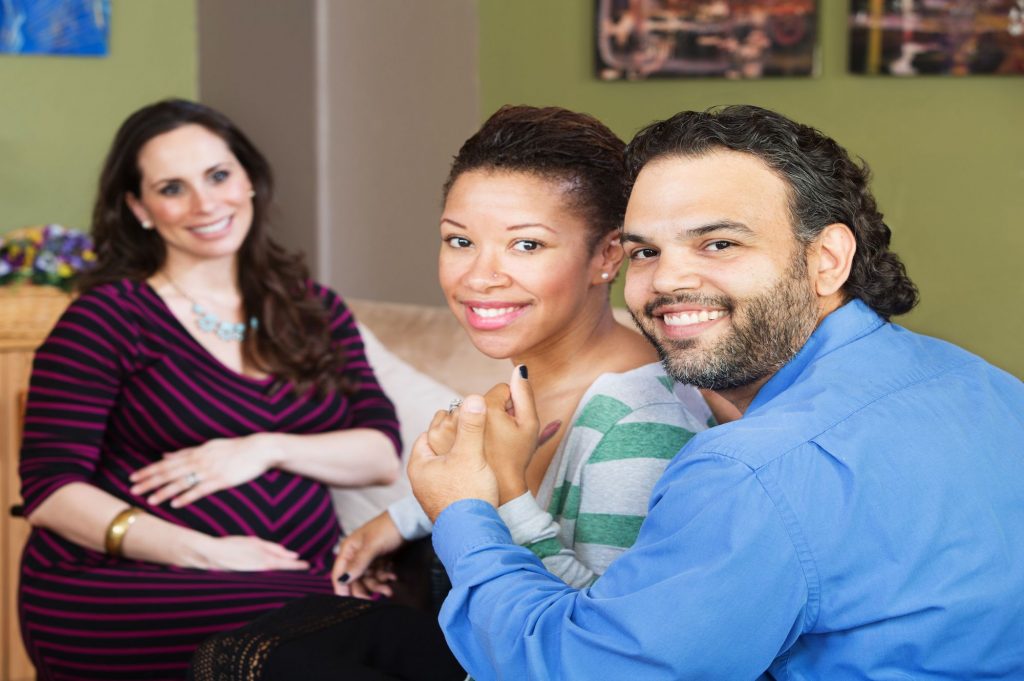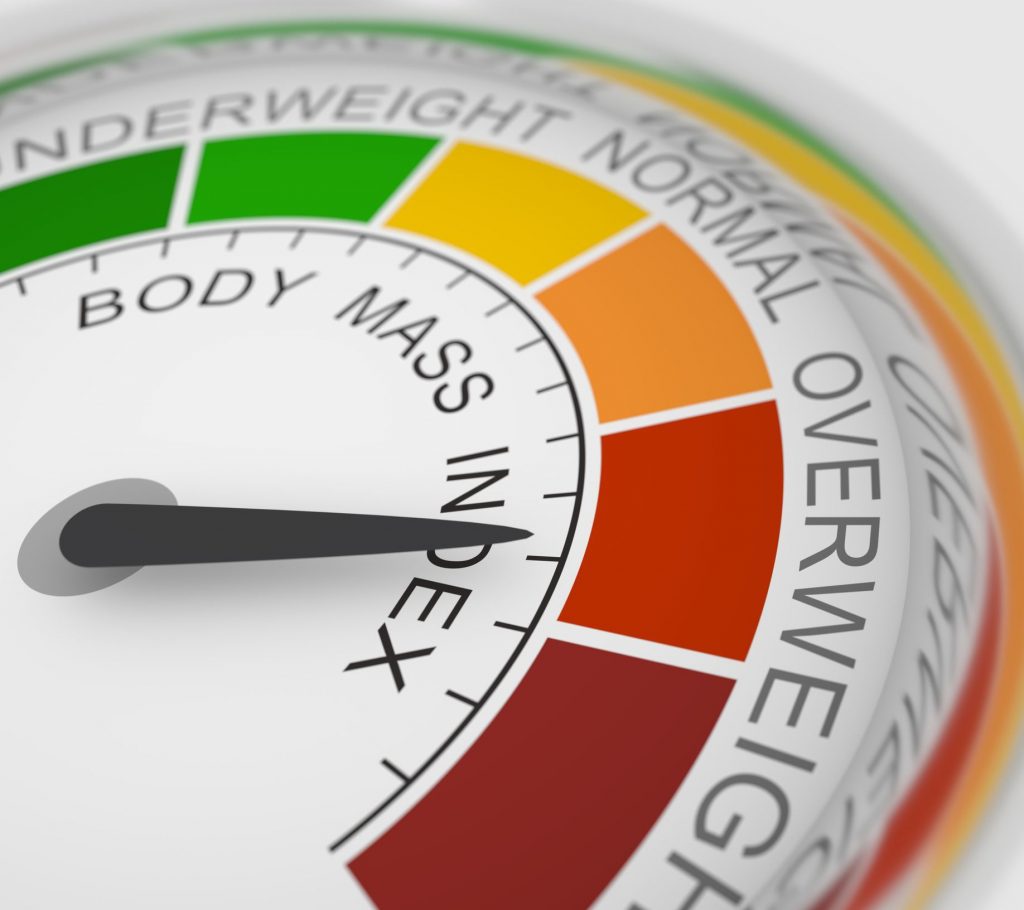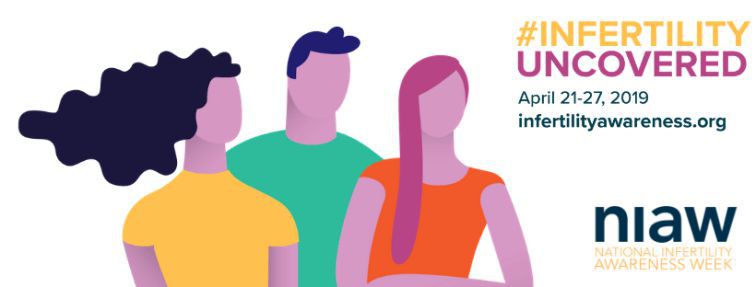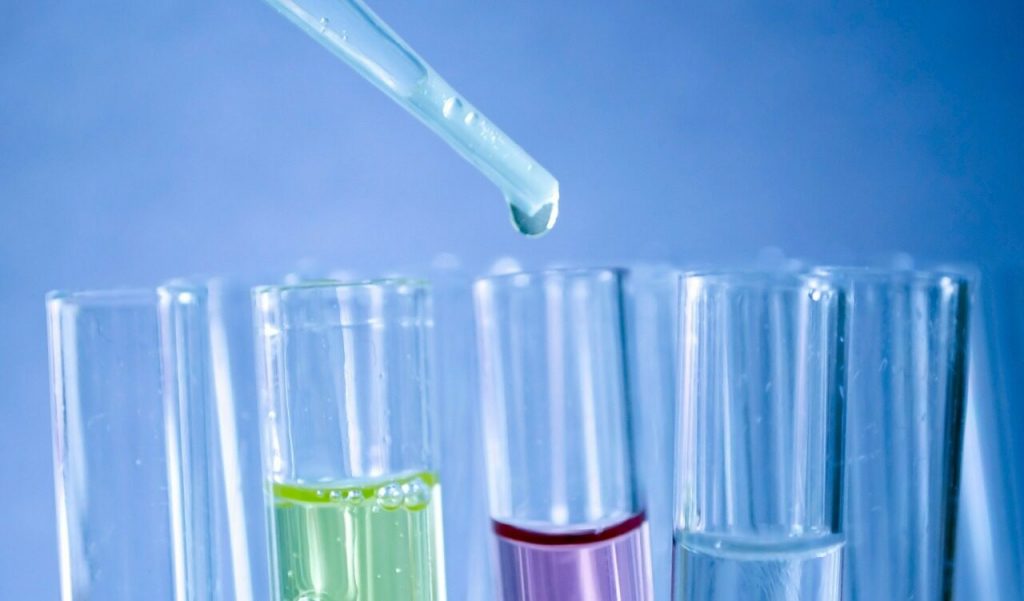LGBT Family Building: What if We Both Want the Joy of Making our Baby?

LGBT family building has new options. LGBT family building has come a long way. Lesbian couples who would like to share the advantages of having both partners participate in the creation of a child can do IVF. One partner provides the eggs, the other provides the womb. One is the genetic mother, the other the gestational […]
How Smoking Harms Fertility

We all know that smoking is bad for our health. But now you can blame Dad. Women who smoke do not conceive as efficiently as nonsmokers. Infertility rates in both male and female smokers are about twice the rate of infertility found in nonsmokers. Misao Fukuda, M.D. and others at the M&K Health Institute in […]
Answering 4 Questions about Surrogacy

What is surrogacy? Surrogacy is the arrangement by which a woman conceives, carries and delivers a child for another couple or individual. This woman is known as a surrogate mother or a gestational carrier. The gestational carrier enters into a legal arrangement that declares she is not the mother of the child she is bearing, […]
DHEA: 1 Way to Help your Ovaries Be the Best They Can Be

Many of our patients have asked us about DHEA. Dehydroepiandrosterone (DHEA) is a naturally-occurring hormone that is produced by the adrenal gland. It can be considered simplistically to be a vitamin for the ovaries. Its primary function is to produce estrogen and testosterone. Recently, these supplements have been used in the treatment of premature ovarian […]
The Antral Follicle Count: 1 Measure of Ovarian Reserve & Predicting the Outcome of IVF

Antral follicle count is one way to predict ovarian reserve. Chronological age and ovarian reserve are generally parallel. However, this can vary enormously. The number of follicles, each containing one egg, which are available in the ovarian “pool” or reserve relates to the chance of success of in vitro fertilization (IVF). These numbers decline with […]
Does Body Mass Index (BMI) Affect Your Chances of Pregnancy with IVF?

BMI may influence the chances of having a baby through in vitro fertilization (IVF). There is ongoing discussion about whether a woman’s BMI affects the outcomes with IVF. A Medscape.com article reported there is still no clear conclusion about whether high BMI impacts assisted reproductive outcomes, because the studies presented had conflicting results. There seems to be […]
National Infertility Awareness Week – Why Focus on It for a Whole Week?

In recent years, the focus of National Infertility Awareness Week (NIAW) has been to change the conversation surrounding infertility – to address the misconceptions, stigma and silence that accompany the medical diagnosis of infertility. National Infertility Awareness Week April 21-27, 2019 is recognized by health organizations, clinics and doctors across the country each April. NIAW […]
What You Need to Know about AMH Testing and Ovarian Reserve

AMH testing helps us predict how a woman will respond during an IVF cycle. Patients who are deferring their childbearing now have the AMH test to assess their ovarian reserve. IVF success declines with chronological age, a fact which is well known. Women who have low response also have low outcomes, despite their chronological age. […]
Gestational Carriers: 6 of the Important Criteria Considered

When selecting a woman to be a gestational carrier, there are many considerations. These are exceptional women who are willing to make this commitment, and they must pass a number of screening criteria. Some of the selection criteria are subjective. They depend on an evaluation by the experts at the agency and the medical staff. […]
The Problem with Trying to Get Pregnant After Age 35

The problem with trying to get pregnant after age 35 has to do with your eggs. Currently women often delay childbearing until the mid to late thirties. From the point of view of ideal fertility, childbearing is best in the 20’s. To what extent is this common delay an issue for fertility? The decline after age […]
